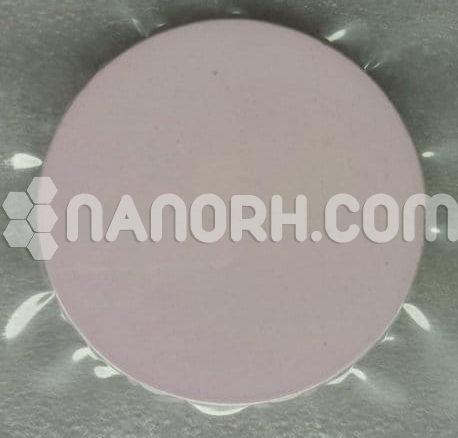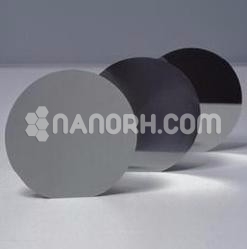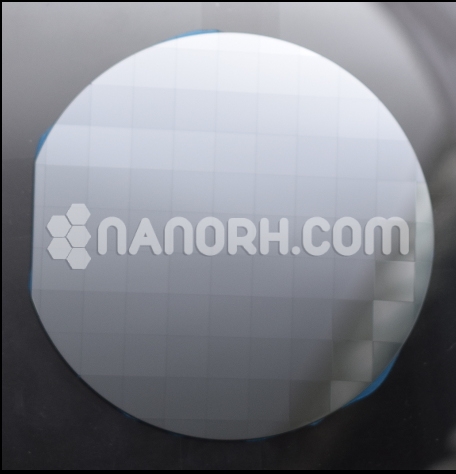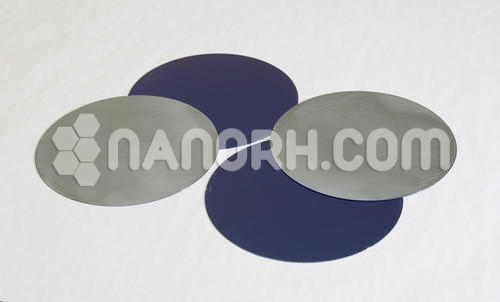| Erbium Oxide Sputtering Target | |
| Product No | NRE-43048 |
| CAS No. | 12061-16-4 |
| Formula | Er2O3 |
| Molecular Weight | 382.56 g/mol |
| Purity | 99.99% |
| Thickness | 3 mm ± 0.5mm (can be customized) |
| Diameter | 50 mm ± 1mm (can be customized) |
| Shape | Round |
Erbium Oxide Sputtering Target
Er2O3 Oxide Supttering Target
Erbium oxide (Er₂O₃) sputtering targets are used to deposit thin films with specific properties in various advanced technological applications. Erbium oxide is valued for its unique optical, electrical, and chemical characteristics. Here’s a detailed look at the applications and benefits of Er₂O₃ sputtering targets.
Optical Coatings:
Use: Erbium oxide is used in optical coatings to enhance or modify optical properties. It can be applied as a thin film in lenses, mirrors, filters, and other optical components.
Benefit: Erbium oxide has a high refractive index and can be used to produce coatings with specific optical characteristics such as anti-reflective coatings or high-index layers, improving performance in optical devices.
Phosphors and Luminescent Materials:
Use: Erbium oxide is used in the production of phosphors and luminescent materials. When doped into other materials, erbium oxide can emit specific wavelengths of light.
Benefit: It is particularly useful in applications like LED technology, display screens, and laser devices where controlled light emission is required.
Thin Film Transistors and Electronics:
Use: Erbium oxide thin films are employed in electronics, particularly in thin-film transistors and as dielectric layers in semiconductor devices.
Benefit: Erbium oxide provides high dielectric constant and stability, which can improve the performance and reliability of electronic devices and integrated circuits.
High-Temperature Superconductors:
Use: Erbium oxide can be used in the deposition of thin films for high-temperature superconductors. It may be used as a dopant or as part of the material matrix.
Benefit: Enhances the superconducting properties by influencing the flux pinning or modifying the material’s electronic structure.
Catalysts and Chemical Reactions:
Use: Erbium oxide is utilized as a catalyst or catalyst support in various chemical processes. Its properties can enhance catalytic activity or stability.
Benefit: Improves the efficiency of catalytic reactions in industrial processes, such as those in petroleum refining or environmental applications.
Data Storage and Memory Devices:
Use: In data storage and memory devices, erbium oxide can be used to enhance performance characteristics. It is used in the fabrication of certain types of non-volatile memory and storage media.
Benefit: Provides stability and improves performance of memory devices, contributing to higher storage densities and reliability.
Research and Development:
Use: Researchers use Er₂O₃ sputtering targets to investigate new materials and applications. The unique properties of erbium oxide make it an interesting subject for studying material behavior and developing new technologies.
Benefit: Facilitates the development of new materials and technologies, advancing the field of materials science and engineering.




